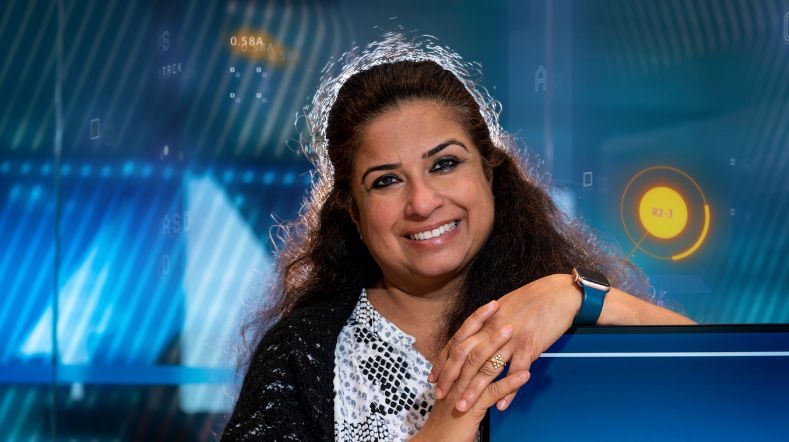
Time setter story: Anne Fleur van Veenstra on digitisation
This is the time when innovation is crucial. To make our world safer, lives healthier and combat climate change. TNO employees make their mark on our time. In this series, we share stories of our time setters. Time setter Anne Fleur van Veenstra, Scientific director TNO Vector, conducts research on public sector digitisation research: 'At TNO, I can combine the roles of director and professor thanks to the close collaboration with the scientific community.'
'My field was always seen as abstract, boring. Until the “Toeslagenaffaire”, or Dutch Benefits scandal. By then, more people realised: data, algorithms and government, that combination is very intriguing. And developments are only accelerating: we ain't seen nothing yet.'
Strategic role
Anne Fleur van Veenstra specialises in public sector digitisation research. She has been Director of Science at TNO since 2020. 'I started out as a researcher. When new plans or projects were started, I was happy to contribute ideas, so I increasingly took on the strategic role. Now I lead TNO Vector: Centre for Societal Innovation and Strategy. In my research, I analyse how government processes are changing due to the emergence of new technologies. We research their economic, social and societal effects, for example for Dutch ministries and at European level.'
New technology, same questions
'Generative AI is turning everything upside down right now. Yet the questions we need to ask when a new technology emerges remain fundamentally the same. What benefits will it bring us? And how can we avoid or mitigate any drawbacks? I find that extremely interesting.'
Research and strategy
'At TNO I am involved in both research and strategy. That combination is quite unique. As a scientist, I have the opportunity to be part of the management team. Scientific director can be seen as a full-time job, yet I try to spend half my time on research. I have also had to learn how to say ‘no’ to things. Fortunately, there is also a lot of synergy between the two positions.'
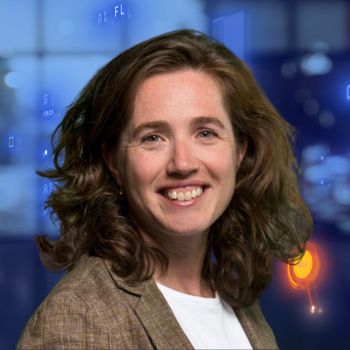
‘The projects and programmes here are dynamic: you can respond to new developments and make adjustments quickly. That is the strength of TNO.'
Professor
I recently became an endowed professor at Leiden University. Over the years, I have been supervising colleagues who want to obtain a PhD for some time and have also continued to publish. I put outcomes from our research alongside fundamental research, for example. How do conclusions differ, or how do they complement each other? In this way, I always kept a connection with academia. I always consciously sought to combine applied and fundamental research.'
Women in science
‘In science and in the context of technological innovations, women are often underrepresented. As society, we thereby, lose out on important perspectives and valuable insights. International Women’s Day puts the importance of representation and involving different perspectives in the spotlight.’
Yellow jersey
'Research at TNO is always done together. You can compare it to a cycling team in the Tour de France: I happen to have the yellow jersey and may be a professor now, but we made it happen as a successful team. Working together with different disciplines sometimes causes friction, but if you organise it well, we make each other better'.
Dynamic
‘The projects and programmes here are dynamic: you can respond to new developments and make adjustments quickly. That is the strength of TNO. Here, we follow the latest technologies. That was one of the things that appealed to me. I also find it inspiring to work with clients and case studies: we solve real-world challenges here.'
Follow your gut
'During my studies in Delft, as a first-year student of technical public administration, I had to choose a specialisation. Back then, there were a number of options. Chemistry and energy, that did not appeal to me. Logistics? Neither. And then there was IT. The dot-com bubble had just burst at the time, and I had the feeling: this technology is going to determine the future. I listened to that feeling at the time. And the field still fascinates me thirty years later. Are you a student facing a similar choice? Remember: you cannot predict what the world will be like in 20 years. So follow your gut and go for what fascinates you now. Then you can't choose wrong.'
Experiment
‘There is not one career path! It takes time to get know your strengths and challenges, build your expertise and develop your style to lead. Sometimes, taking an unexpected turn or taking on a role that does not immediately appear to fit your ambition, helps you see or build your unique profile. Nor is there one way to grow your leadership. Many influential people never take up formal leadership roles. Play and experiment with different roles.’
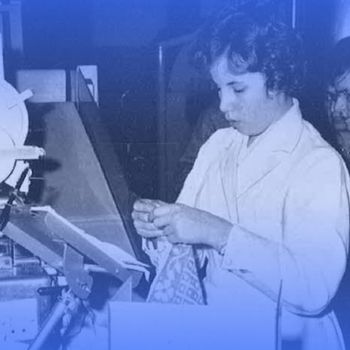
International Women's Day 2025
TNO believes in the power of women and that everyone should have the same opportunities to participate and grow. By combining our unique strengths, we can innovate and impact society. We are proud to showcase some of our talented women in technology and leadership on International Women's Day. To show girls and women that they are welcome in these roles. Let's keep inspiring and innovating!
Want to become a time setter too? Come work at TNO
Get inspired
From reactive to proactive: How organisations gain control over GenAI governance


Christa Hooijer appointed as Chief Scientist of TNO

Province Noord-Brabant, TNO and partners join forces on cybersecurity
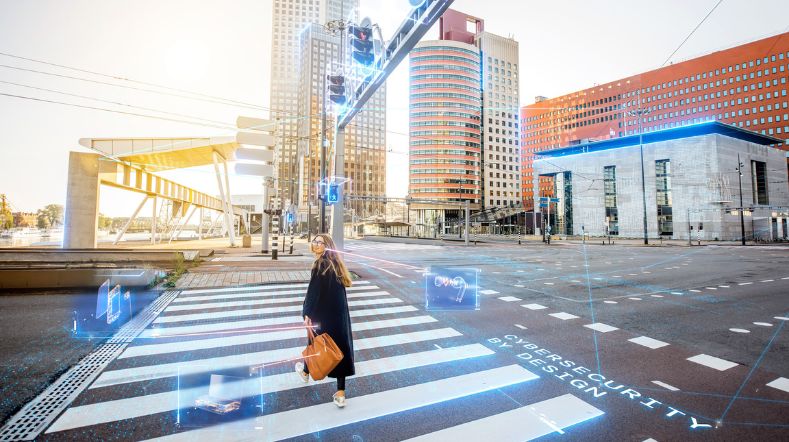

Time setter story: Project manager Stephan van den Broek
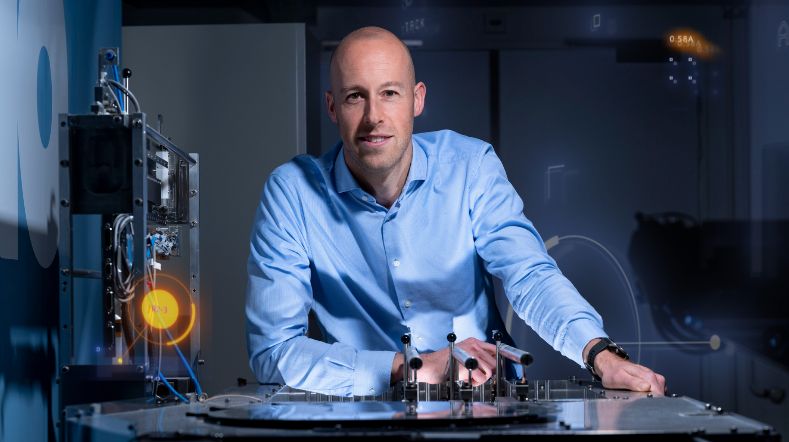

Time setter story: Project manager Mukta Mariwala
